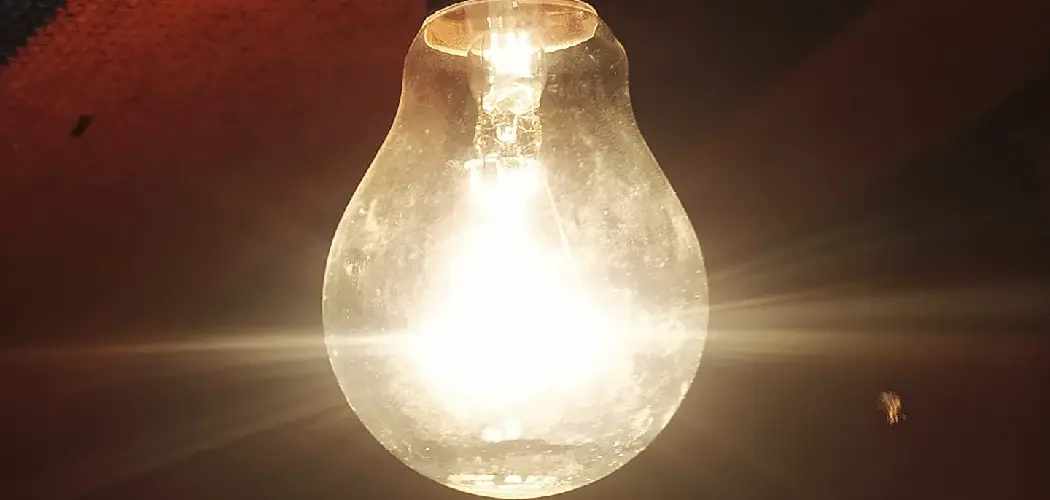If you’ve ever had the misfortune of having your home overrun by tiny little bugs attracted to light, then you know how frustrating and annoying it can be. Not only are these bugs a nuisance, but they can also be dangerous to your health if you’re not careful. In this blog post, we’ll give you some tips on how to get rid of bugs attracted to light so that you can take back your home and enjoy your evenings in peace!
Summary:There are many ways to get rid of bugs attracted to light. One way is to use bug zappers. These devices use a light to attract and kill bugs. Another way is to use diatomaceous earth. This is a powder that kills bugs by dehydrating them.
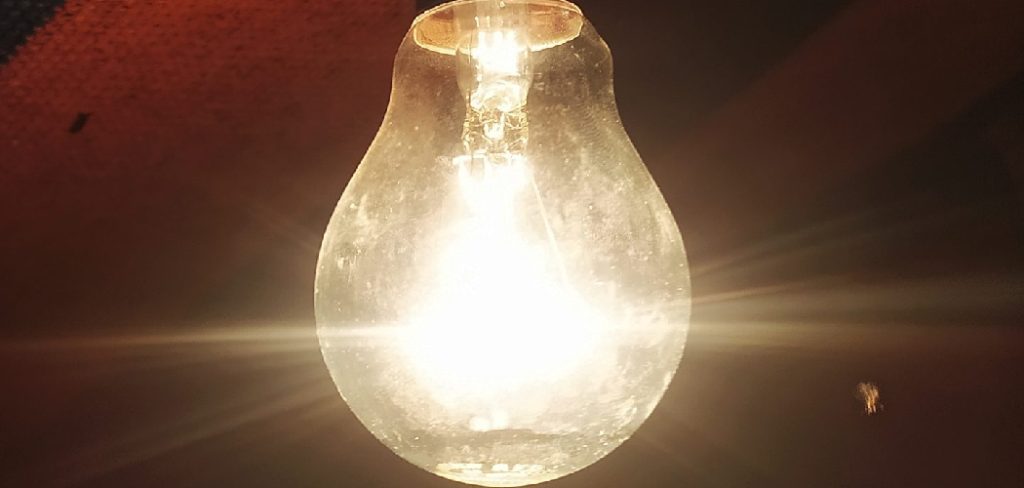
What Are the Reasons Bugs Are Attracted to Light?
Have you ever wondered why bugs are attracted to light? While it may seem like a simple question, the answer is actually quite complex. For many years, scientists have been trying to understand the reason behind this phenomenon, and a few theories have been proposed. One theory suggests that bugs are attracted to light because they mistake it for the sun.
Since insects rely on the sun on warmth, they may be drawn to any light source that they believe will provide them with heat. Another theory suggests that bugs are attracted to light because it helps them to orient themselves. By following a light source, insects can ensure that they are moving in a straight line and not getting lost.
Of course, there may also be other reasons why bugs are attracted to light, and further research is needed to confirm any of these theories. However, the next time you see a bug flying towards a lightbulb, you can rest assured knowing that there is a scientific explanation behind its behavior.
Why Should You Get Rid of Bugs Attracted to Light?
Few things are more annoying than having your peaceful night’s sleep interrupted by the sound of buzzing insects. And when you turn on the light to find the source of the disturbance, it’s even worse to see a whole swarm of bugs flying around the room. But beyond being a nuisance, these bugs can actually pose a serious health risk. Many of them, like mosquitoes, carry diseases that humans can pass on.
Others, like moths, can cause allergic reactions in some people. In addition, some bugs are simply poisonous, and their bites can be dangerous, especially to young children or pets. For all of these reasons, it’s important to get rid of any bugs that are attracted to light. There are several ways to do this, including using insecticides or traps.
But the most effective method is simply to keep your home clean and free of cluttered surfaces where bugs can hide. Taking these steps can help protect your health and keep your home free of unwanted visitors.
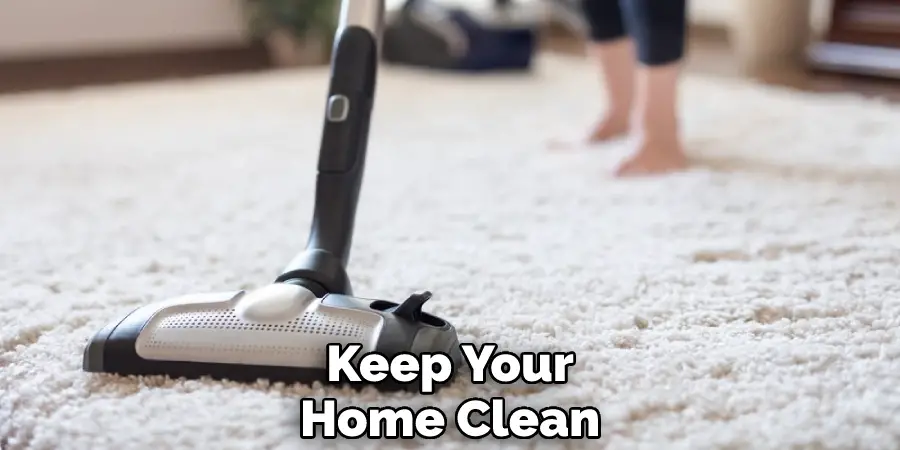
7 Tips to Follow on How to Get Rid of Bugs Attracted to Light
1. Make Sure That There Are No Food Sources
The first thing you can do is make sure that there are no food sources in your home. This means keeping your kitchen clean and free of crumbs and ensuring you don’t leave any open food out overnight. They’ll eventually give up and move on if there’s nothing for them to eat.
2. Use a Bug Zapper
If you have a lot of bugs in your home, one way to get rid of them is to use a bug zapper. These devices attract bugs with a light and then electrocute them when they come into contact. While this won’t solve the root of the problem, it can help reduce the number of bugs in your home.
3. Invest in Some Flypaper
Flypaper is another simple way to get rid of light-loving bugs. All you need to do is hang up some strips of flypaper near any light sources in your home, and the flies will be attracted to the sticky paper and eventually die.
4. Turn Off the Lights
One of the simplest ways to get rid of bugs attracted to light is just to turn off the lights. If you don’t have any lights on in your home, the bugs will eventually give up and go elsewhere. Just make sure you don’t turn on any lights while you’re trying to get rid of them.
5. Use a Bug Repellent
You can use a bug repellent if you want to keep bugs away from your home altogether. Many different repellents are available, so make sure you choose one specifically designed to keep bugs away.
6. Fix Any Leaks
Any leaks in your home, such as from a faucet or pipe, can attract bugs. They’re attracted to moisture, so make sure you fix any leaks as soon as possible.
7. Keep Your Home Clean
In general, it’s important to keep your home clean if you want to get rid of bugs. Vacuum regularly, wipe down surfaces, and don’t let any clutter build up. If your home is clean, there’s less for the bugs to hide in and less for them to eat.
That’s it! You’ve now learned how to get rid of bugs attracted to light. Just remember to be patient, as it may take some time to see results. But eventually, if you follow these tips, your home will be bug-free.
What Types of Insects are Drawn to Lights?
Have you ever wondered why insects are drawn to light? While there are various reasons, one of the most common explanations is that many insects are attracted to ultraviolet light. Flowers often reflect UV light, which helps to guide bees and other pollinators to their nectar. However, artificial light sources, such as light bulbs, also emit UV rays. As a result, insects may be drawn to porch lights and other artificial lights in search of food.
In addition, some insects use the light of the moon to navigate. When artificial lights disrupt this process, they can cause insects to become disoriented and end up flying in circles around the light. While watching bugs swarm around a light bulb may be fascinating, it’s important to remember that this can be detrimental to their health. So the next time you leave the porch light on, consider turning off the pump for a few hours to give the bugs a break.
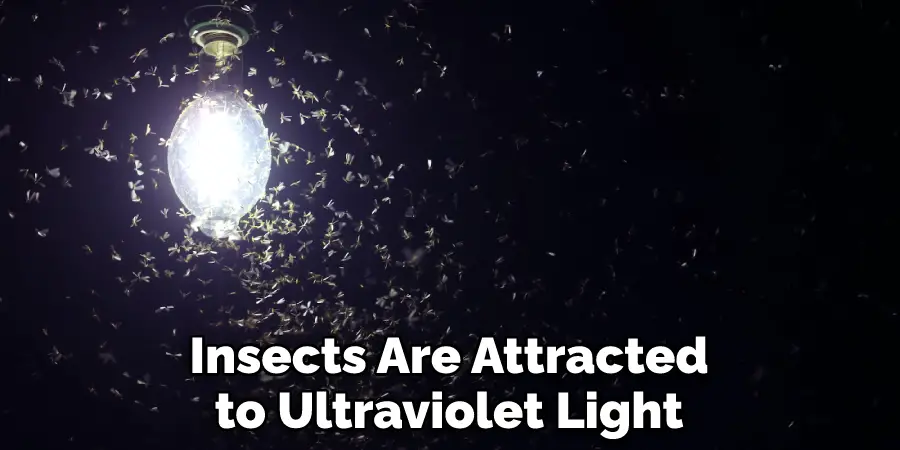
How Can You Prevent Bugs from Being Attracted to Lights at First Place?
One of the most common ways that bugs are attracted to lights is by the heat that they emit. Insects are cold-blooded creatures, and they are drawn to sources of heat to regulate their body temperature. Lights can also attract bugs because they appear brighter than the surrounding darkness. This is especially true of artificial lights, which are much brighter than natural light sources. Finally, some insects are drawn to lights because they mistake them for the sun or moon.
If an insect is active during the day, it may be attracted to a light that is shining at night. Therefore, reducing the heat and light they emit is important to prevent bugs from being attracted to lights. This can be done by using lower-wattage bulbs and shielding lights with covers or shades. Additionally, it is important to keep lights turned off when they are not needed.
By taking these steps, you can help reduce the number of insects attracted to your home. Keep reading for more information about how to get rid of bugs attracted to light.
What Type of Lights Repel Bugs?
The light spectrum can be broadly divided into the ultraviolet (UV), visible, and infrared (IR) radiation. All of these types of light waves are invisible to the human eye, but they can all have different effects on bugs. For example, many insects are attracted to UV light, which is why fluorescent bulbs are often used in bug zappers.
However, IR light is actually more effective at repelling bugs. This is because most insects cannot see in the IR range, so they avoid brightly lit areas in this wavelength. In addition, IR light can also cause dehydration and physical damage to insects, making it an ideal way to keep them away from your home.
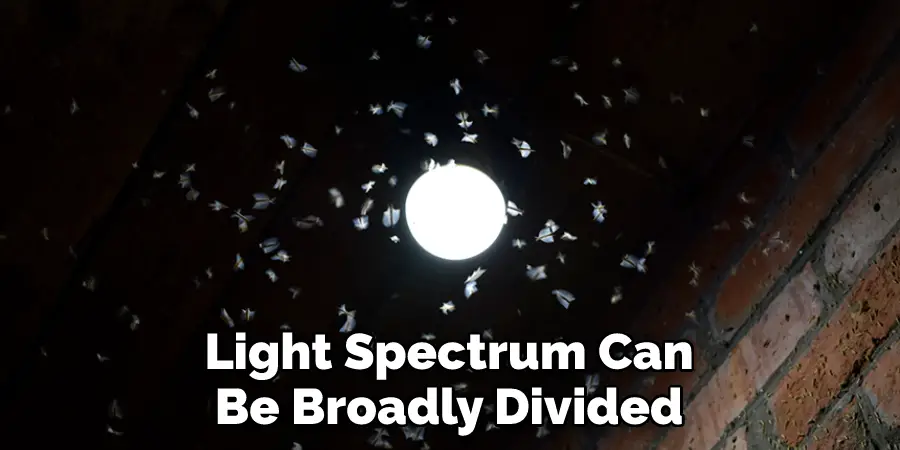
Do Bug Zappers Actually Work?
The debate over whether or not bug zappers are effective has been going on for years. Some people swear by them, while others say they are completely useless. So, what is the truth? Do bug zappers actually work?
There is no easy answer to this question. Bug zappers use light to attract insects, electrocuting them when they come into contact with the wire mesh. This means that they are most effective at killing flying insects that are attracted to light.
However, many bugs, such as cockroaches and mosquitoes, are not attracted to light and will not be drawn to the bug zapper. In addition, bug zappers only work if they are placed in a strategic location. If there are no bugs in the area, to begin with, a bug zapper will not do any good.
So, do bug zappers actually work? The answer is complicated. They can effectively kill some types of insects, but they are not a foolproof solution. They must be used in conjunction with other pest control methods to be truly effective.
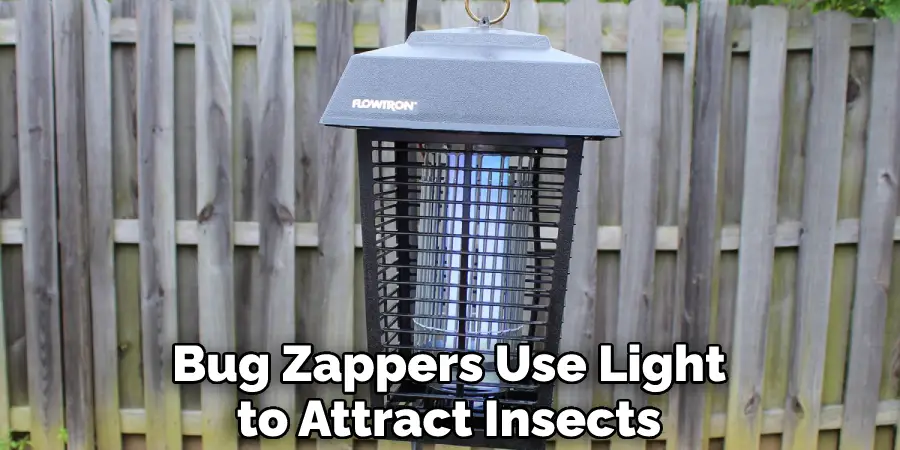
Conclusion
If you’re dealing with a bug problem in your home, don’t despair—there are plenty of things that you can do to get rid of them! By taking some preventative measures and being diligent about keeping your home clean, you can make sure that these pests are gone for good. Thanks for reading our post about how to get rid of bugs attracted to light.
